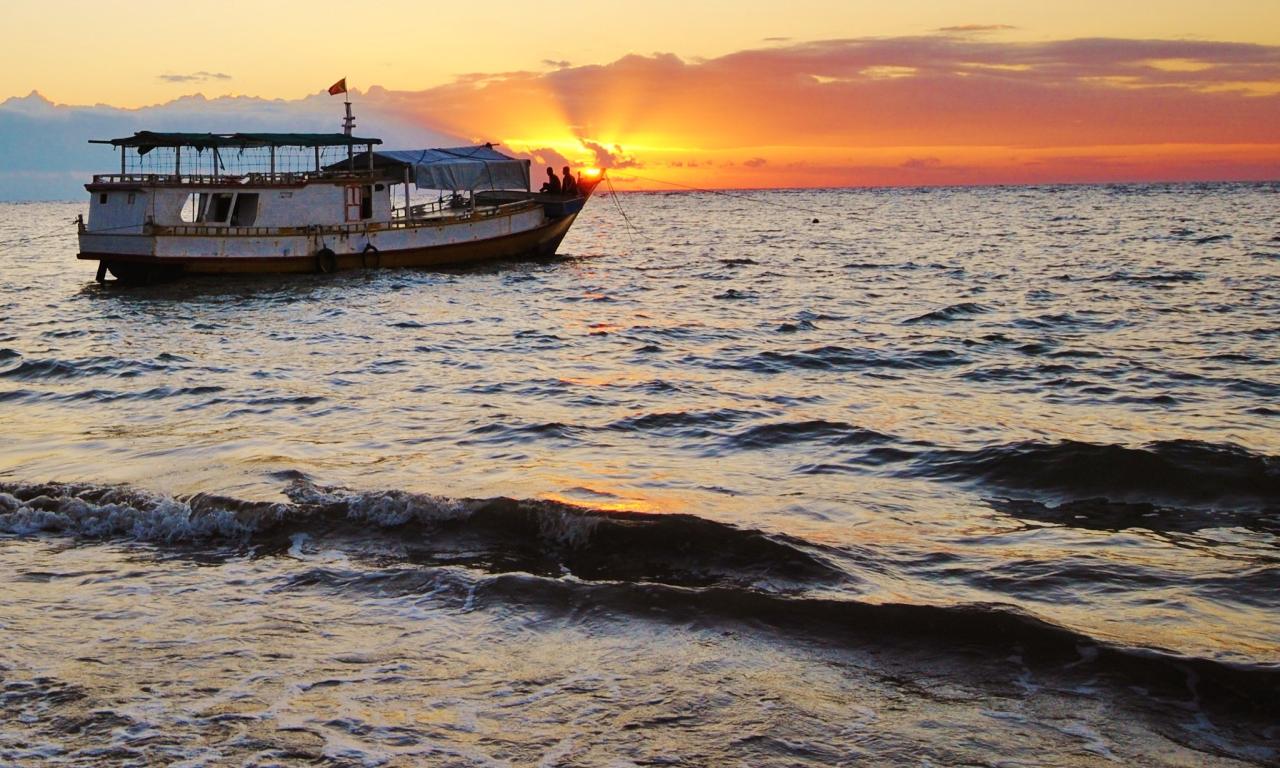
- A ‘governance vacuum’ over the high seas means wealthy countries benefit from the ocean at the expense of developing countries, says leading aquatic food systems scientist.
- To date, 98 percent of the patents linked to genetic sequences from species found in the high seas are held in just 10 countries, with one multi-national responsible for almost half of registrations.
The livelihoods of millions worldwide continue to be at risk after UN Member States failed to agree a new treaty to ensure protections for the high seas, according to WorldFish Interim Director General Essam Yassin Mohammed.
Mohammed, who is also the representative for the State of Eritrea, warned that unchecked bio-prospecting, distant fleet fishing and other activities in international waters would continue to have repercussions for both the ocean and vulnerable coastal communities without an international treaty.
This week’s negotiations at the UN Intergovernmental Conference on Marine Biodiversity of Areas Beyond National Jurisdiction had been expected to produce a final treaty for the conservation and sustainable use of marine biodiversity beyond territorial waters after four rounds of talks.
“At the moment, there is a governance vacuum in the high seas, and for the ocean and developing countries, the status quo simply isn’t an option,” said Mohammed.
“High velocity marine technological advancement means there will be an unprecedented race for marine resources in unregulated waters. Therefore, the delay in striking a deal means high risk for the health of the ocean. All member states of the UN need to recognise the urgency to save the ocean and the people who depend on it to survive," he explained.
“The high seas are the common heritage of mankind, and we urgently need a treaty that both ensures the benefits are shared equitably among countries and prevents activities in the high seas from impacting the livelihoods of vulnerable coastal communities,” elaborated Mohammed.
To date, 98 percent of the patents linked to genetic sequences from species found in the high seas are held in just 10 countries, with one multi-national responsible for almost half of registrations.
“Just as no one has ownership of the moon, no one should have ownership or disproportionate access to the benefits of the high seas,” Mohammed added.
“In the interests of equity and justice, it is critical that the next round of talks delivers a new treaty that includes a mandatory benefit sharing mechanism,” he remarked.
